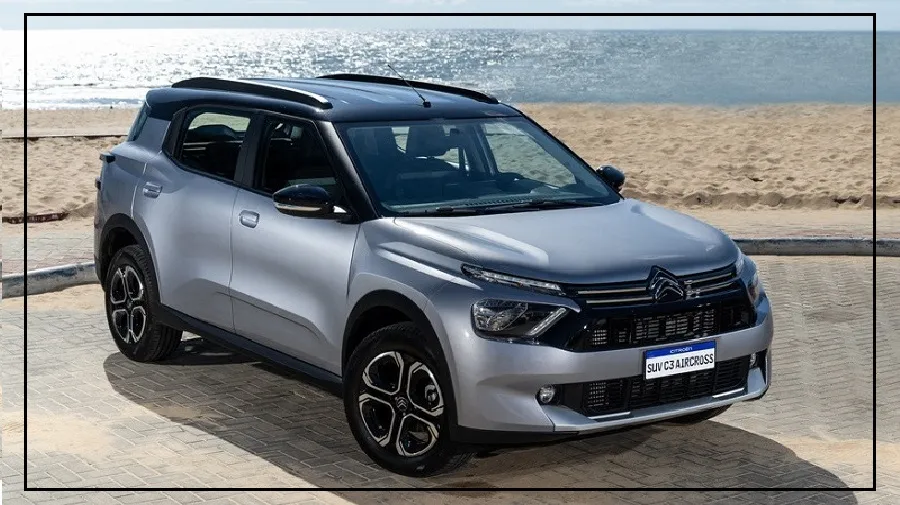In today’s era, owning a car has transitioned from being a status symbol to a practical necessity for many. Salaried individuals often opt for car loans to avoid hefty upfront payments.
However, repaying the loan along with substantial interest can make the purchased car significantly more expensive.
Longer loan tenures tend to incur higher interest costs, adding to the overall burden.
With the upcoming festival of Holi, many people consider making big purchases, including cars, to capitalize on festive offers.
If you’re planning to buy a car and finance it through a loan, here’s a method that can help you calculate the total cost of the loan, including the interest paid to the bank, and potentially save money in the long run.
How to Minimize Car Loan Costs:
- Shop Around for Affordable Loans:
Begin by exploring various banks to find the most competitive loan options with favorable interest rates. Opt for the bank offering the best terms and conditions to minimize interest expenses. - Implement Systematic Investment Plans (SIPs):
Allocate at least 75 percent of the EMI amount towards SIPs for the same duration as your car loan. This strategy can aid in offsetting the total loan cost, including interest payments, over time.
Understanding the Formula:
Let’s break down the formula with an example:
Loan Amount: Rs 8 lakh (for a car worth Rs 12 lakh)
Loan Tenure: 5 years
Interest Rate: 7.9%
Assuming a loan tenure of 5 years, the total repayment, including interest, amounts to Rs 9,70,971, with a monthly EMI of Rs 16,183.
By initiating an SIP equivalent to 75 percent of the EMI amount (Rs 12,137), with an assumed average return of 12 percent, you can accumulate a total of Rs 10,01,137 over the same period.
This investment growth can help offset the total loan cost, making the car purchase more financially feasible in the long term.
Important Considerations:
Financial Rule: Ensure that the car’s price does not exceed half of your annual package.
For instance, if the car costs Rs 12 lakh, your annual package should ideally be at least Rs 24 lakh.
Adhering to this guideline ensures that the car purchase remains within your budgetary limits, preventing financial strain on your household.
By leveraging this method, you can effectively manage your car loan expenses and make informed decisions that align with your financial goals.

























